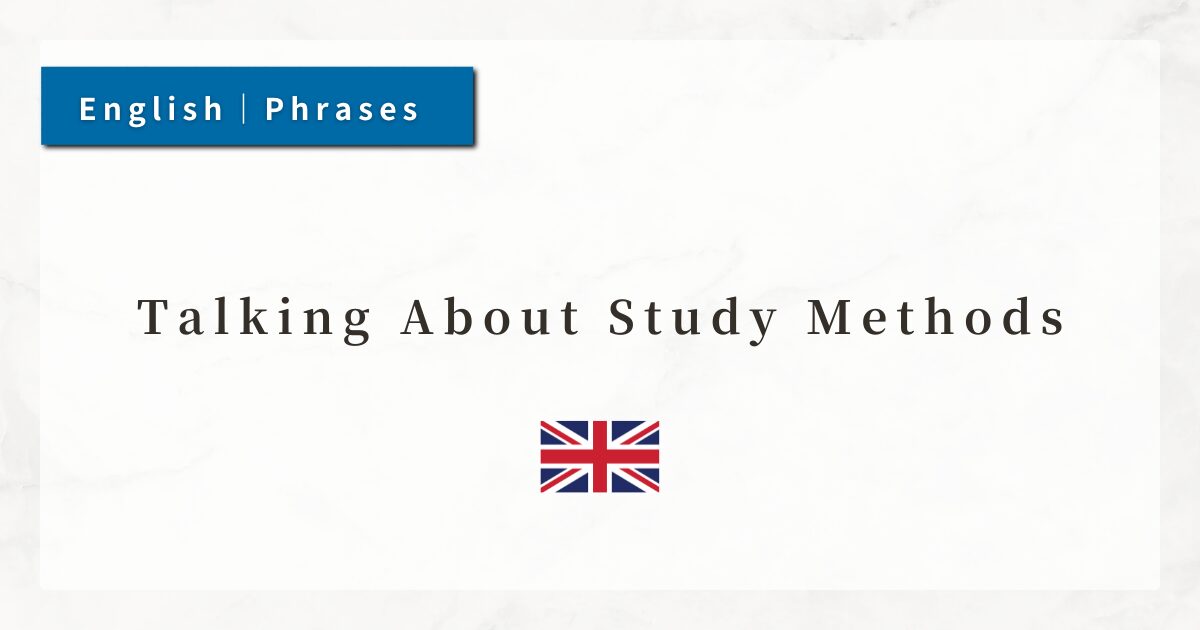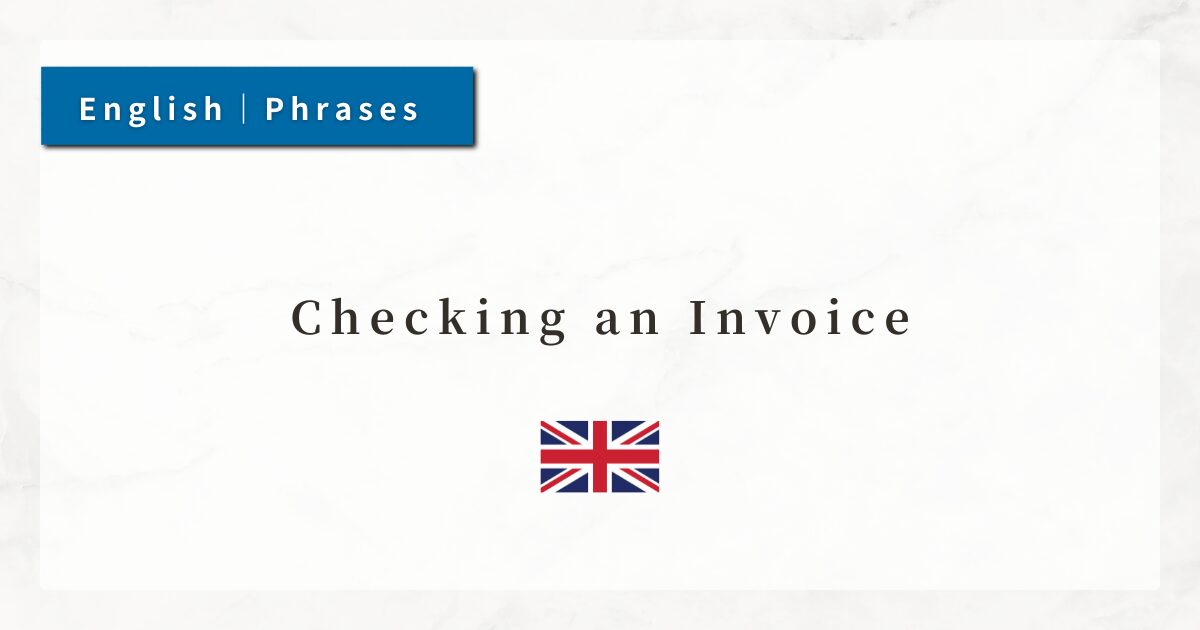#4 Buying a Train Ticket|Useful English Phrases for Shopping

When traveling for leisure or business, it is common to use trains as a means of transportation between cities.
In urban areas, tickets are often purchased at the station counter or from vending machines, and being able to communicate smoothly in English will give you peace of mind.
When purchasing a ticket, it is necessary to clearly state the destination, time, whether the ticket is one-way or return, and the type of seat.
Here, I will introduce basic expressions that can be used when buying a ticket at the station counter, along with useful tips for smoother communication.
Dialogue

Good morning. How can I help you?

I’d like a ticket to Oxford, please.

One-way or return?

Return, please.

What time would you like to depart?

Around 10 a.m., if possible.

Okay, that’ll be £25.

Here you go.

Thank you. Here’s your ticket. Platform 3.
1. “I’d like ~” as a Polite Request
“I’d like ~” is the contracted form of “I would like ~.”
It is a polite way to express a request, meaning “I would like to have…” or “I would like to ask for…”.
- I’d like a ticket to Oxford, please.
- I’d like a cup of tea.
- I’d like to check in.
This phrase is extremely useful in many situations, including shopping, ordering food, or making polite requests in English-speaking countries.
It is generally preferred over I want ~, especially in public or formal settings.
2. Asking About Ticket Type
One of the most common questions you will be asked when buying a ticket is: One-way or return?
It is important to note the difference between British and American English in this case:
| Type | British English | American English |
|---|---|---|
| One-way | one-way | one-way |
| Round-trip | return | round-trip |
- (UK) I’d like a return ticket to Oxford.
- (US) I’d like a round-trip ticket to New York.
In many cases, a return ticket may be more economical, so it is useful to be ready to answer this question.
3. Softening a Request
When specifying a time, you do not always need to be exact.
- Around 10 a.m., if possible.
If you simply wish to give an approximate time in a polite way, “around + time” is natural.
By adding if possible, you show consideration for the other person, making your request sound more courteous.
- Sometime after noon, if possible.
- Between 8 and 9 a.m., if possible.
Such phrasing makes it easier for the staff to accommodate your request flexibly.
4. A Casual Expression for Handing Something Over
When handing over money, a ticket, or documents, “Here you go.” is a natural and friendly expression.
- Here you go.
A similar phrase, “Here you are.”, can also be used, though it sounds slightly more formal.
5. Simple but Important Vocabulary
Platform refers to the track or boarding area at a train station.
- Platform 3 → Track 3
- Platform 7 → Track 7
Other useful expressions include:
- The train departs from platform 5.
- Please proceed to platform 2.
Summary
- I’d like a ticket to Oxford, please.
→ A polite way to request something; a basic phrase for travel English. - One-way or return?
→ A standard question when buying tickets. Remember the difference between British and American usage. - Around 10 a.m., if possible.
→ A polite way to state a preferred time with flexibility. - Here you go.
→ A common and natural phrase when handing something over. - Platform 3.
→ Essential vocabulary for understanding train departure information.






